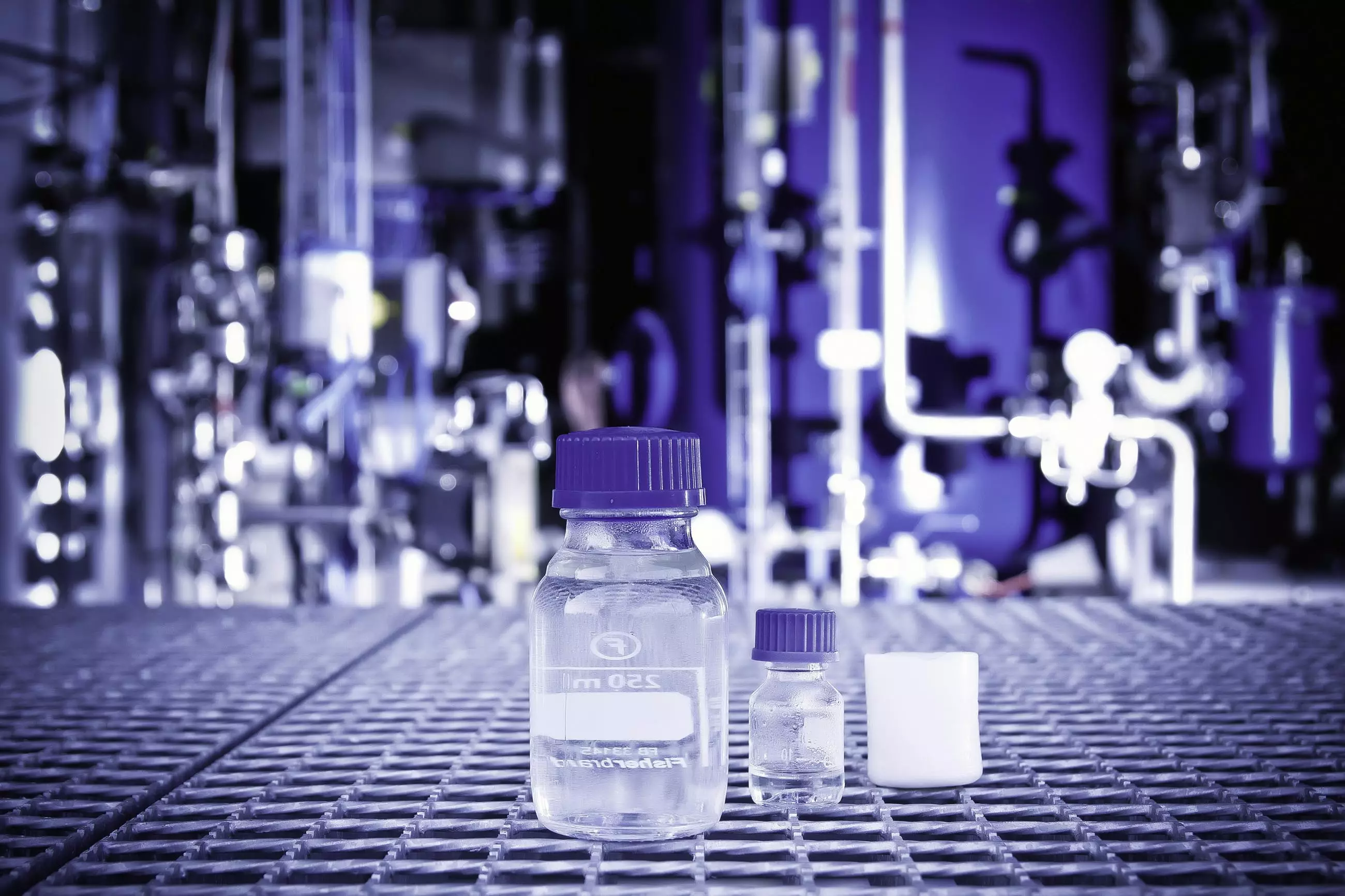The study entitled "Potential and risks of hydrogen-based e-fuels in climate change mitigation", carried out by the Potsdam Institute for Climate Impact Research, goes further and he even says that it doesn't make much sense to use hydrogen as comprehensively as it has been touted.
Published in the journal Nature Climate Change, the study cautions, however, that producing hydrogen through renewable energy should be an important part of the energy transition, but that using hydrogen as a substitute for fossil fuels — includes use in the production of synthetic fuels for automobiles — can be counterproductive.
Study leader Falko Ueckerdt states that using hydrogen-based energy sources should only be considered when electrification is not possible. Ueckerdt refers, as an example, to long-haul flights or the metallurgical industry.

The case of synthetic fuels
To make synthetic fuels two ingredients are needed, carbon dioxide (CO2) and hydrogen. The Potsdam Institute sees advantages in synthetic fuels such as their storage and transport capacity when compared to pure hydrogen, but the problem lies in the production of hydrogen itself, as huge amounts of energy are needed to produce it and, nowadays, this energy is far from being “green”.The researchers did the math and using as a starting point the mix of electricity production in 2018, if all modes of transport (from automobiles to planes) used hydrogen-based fuel, the emission of greenhouse gases (CO2), would be three to four times higher than using fossil fuels.
Furthermore, the study authors claim that cars “powered” by synthetic hydrogen-based fuels, when compared to electric cars (batteries), r it would result in five times the energy consumption. A result that is due, on the one hand, to the production of synthetic fuels themselves, which require a lot of energy, and, on the other, to internal combustion engines that have a much lower efficiency (less than half) than that of an electric motor.
The costs
The researchers of this study also calculated that the cost of avoiding emitting a ton of CO2 using fuels based on hydrogen, and using only renewable energies, is 800 euros for liquid fuels and 1200 euros for gaseous fuels. A considerable amount, when a tonne of CO2 in European emissions trading costs €50.
However, the authors of the study assume that the costs per ton of CO2 avoided may decrease over time, due to technological progression and massification, the increase in the price of CO2 and subsidies and investments in the hydrogen industry.
They predict that by 2050, hydrogen-based fuels could see the cost per tonne of CO2 avoided reduced to €20 for liquid fuels and €270 for gaseous ones. In other words, synthetic fuels could be cost-competitive from 2040 onwards.
The study's authors — the full version of the study requires payment — conclude that for most sectors, including transport, the use of electricity ends up making more sense due to greater efficiency and lower cost. In the specific case of transport, synthetic fuels based on hydrogen will only make sense when applied to airplanes that carry out long-distance flights.
Falko Ueckerdt, lead investigator"Such (synthetic) fuels as a universal climate solution are somewhat of a false promise."
Source: Auto Motor und Sport.
